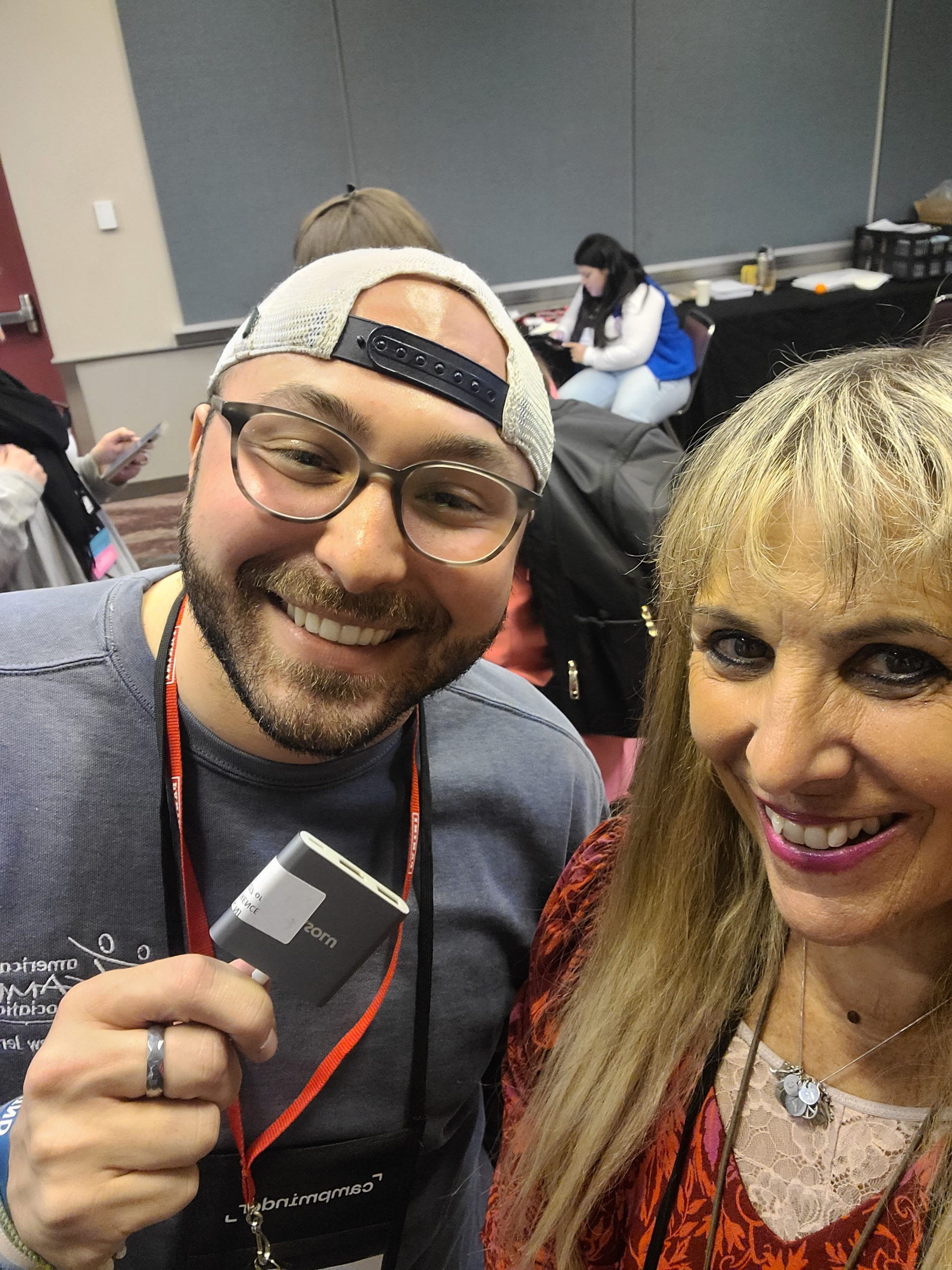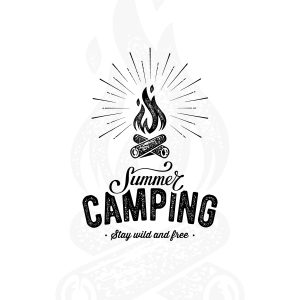The 100 Years Club Installment #6: Camp Girl
 Reading Time: 4 minutes
Reading Time: 4 minutesConfession: I did not actually go to summer camp.
My mother was protective and didn’t want to let me out of her sight.
But my daughters attended day, overnight, and community service camps and worked as counselors. That makes me a camp mom.
I’ve also been consulting and marketing within the camp industry for 15+ years. (And yes…it IS an industry, albeit very different from the tech, real estate, and financial services worlds, where I often spend my brain time!)
The annual Tri-State Camp Conference is one of my favorite gathering places. The entire event is produced by volunteers, which is remarkable. My first-ever blog post was written from a hotel in Atlantic City during Tri-State. It’s an inspiring and energizing place.
The joy, creativity, and community the organizers create are unparalleled in the traditional trade show/conference world — even by companies with much bigger budgets.

Corporations have a lot to learn from camp people.
- DEIB (the B stands for “belonging”) is not just a catchphrase or business initiative in camping. It’s a way of life.
- Creativity, positivity, good manners, and enthusiasm are part of the culture.
- The conference combines hard skills and learning with ample playtime and entertainment — plus inspirational keynotes.

What’s Timeless and What’s New in Summer Camp?
I processed everything I saw at a conference and distilled it into these six themes and trends.
- Traditions and simple activities are here to stay. Wood burning, metal stamping, sewing, achievement badges, musical productions, and dog tags are just a few of the “old school” camp activities that live on. No technology is involved. Just imagination and creativity!
- HOWEVER, Technology is critical in camp management these days. A decade ago, systems like Campminder were sci-fi for many camp directors. Now, apps and tech-powered systems exist for surveillance and communication, shipping trunks, activity scheduling, tracking bus pick-ups and drop-offs and camper locations, and generating WOM referrals. Many camps permit tipping for counselors. (See the bullet below about attracting staff.) Grazzee has created a simple system to make counselor tipping as easy and secure as Venmo and Zelle! And camps that use their facilities for special gatherings, off-season rentals, and events need technology like this.
- Physical activity is a big part of summer camp. Manufacturers and designers are more creative than ever, bringing a range of new equipment and experiences to camps. Healthy snacking is also important to many parents and counselors. Summer does not have to be synonymous with sugar. Thank you to the wonderful ladies at Love Corn, who ensured I didn’t faint from hunger or blow my diet while walking the show floor.
- Speaking of experiences…the TikTok and reality TV era have “upped the stakes” in terms of keeping kids stimulated. Although field trips and circus performances are still around, DJs, robots, and larger-than-life dinosaurs have made their way to camp. As long as they are paired with learning and fun, I’m not judging!
- Staffing is a challenge for camp directors. I recommend that every out-of-work tech professional take a gig at camp this summer. Active retirees and single parents should check camp jobs out too! Both my daughters worked in camps, and the experience prepared them for a wide range of “real world” situations. Justin Pritikin, who grew up in a camp family, has this advice for camps that are hiring high school and college-aged counselors:
“Keep it consistent with what they’re used to! Young people are used to quick solutions to their problems and being the center of attention. Make them feel that way!”
- Ageism doesn’t seem to be as prevalent in the camp world as in other industries. Young and old work together in a spirit of respect and collaboration, with the end goal of keeping kids safe and giving them the best summers of their lives. Camp has tended to be a “dynastic” industry. In other words, older generations often bring their children into the “business,” which means that change is inevitable. Some camps are now owned by investors, who are able to leverage best practices and economies of scale.
Think about this…how many businesses need to manage outdoor real estate, re-staff every year, worry about safety and security, deal with parents AND kids, and work 24/7 every week for as much as eight weeks? Considering the complexity of the industry, the people who lead it never let their stress show.
In closing, I recommend you:
- Send your kids to camp. But choose wisely. Match the program to your kids’ needs and personalities.
- Work at camp (or encourage your kids to do it).
- Hire people who have worked at camp.
- Consider attending or exhibiting at Tri-State next year. No matter what business you’re in, you’ll walk away with a whole new perspective on life, work, trust, community, and the kindness of strangers!
My “camp album”
- My buddy Brent, who managed the interns
- Brandon, one of my favorite interns. He found the dongle to save my presentation!
- Teaching a workshop on thought leadership
- The workshop audience, assuming their superpower poses
- The arts & crafts in the relaxation lounge
- Teaching counselors about body positivity (so they can inspire campers!)
- Cool stuff to play in and on at the lake
- Ninja-like obstacle course
- Kwame Alexander at the closing keynote
- My signed copy. He is AMAZING!
- S’mores will always draw a crowd!
- Basic building activities. Like giant Tinkertoys
- Metal stamping is timeless
- More simple and fun games
- My robot friend. Embrace the machine!
- Not Barney, but loveable none-the-less
- Colorful performers
- One word. YUM!



















